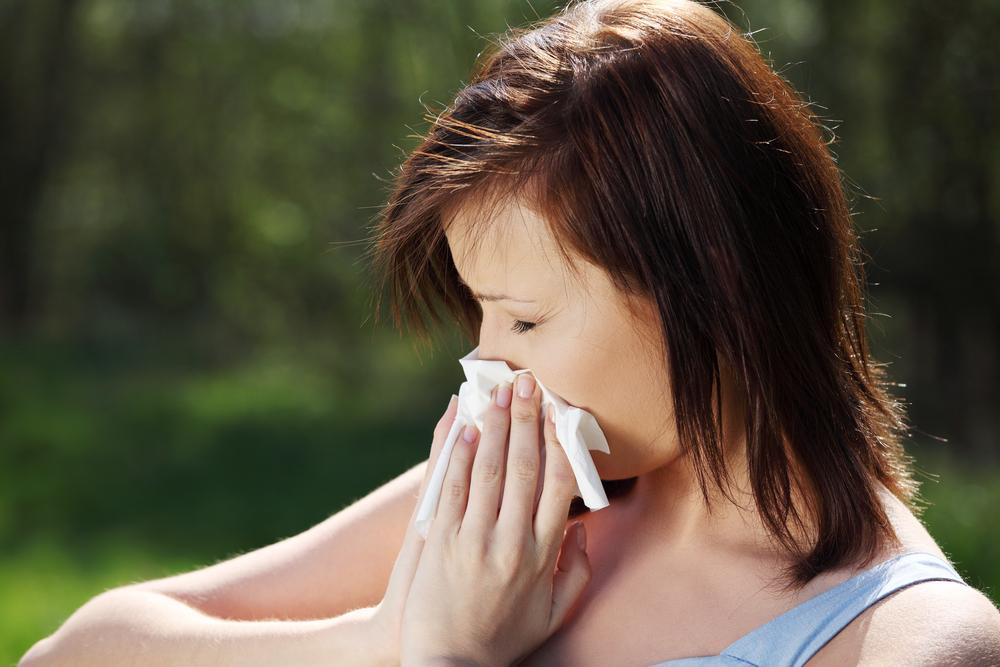
Common Asthma Triggers
If you’ve been recently diagnosed with asthma, your medication list can seem long and intimidating, depending on the asthma triggers you’re most affected by. Most of the medications provided to an asthma patient are meant to help prevent symptom flaring ups. When steroid inhalers aren’t enough to prevent an attack, your doctor may recommend a rescue inhaler for fast relief. Knowing your common asthma triggers can also help to prevent an asthma attack from occurring:
1. Damp moldy areas
For most asthma patients damp moldy areas are the worst. This is because mold spores are a known allergen that trigger asthma attacks. Breathing in mold spores for even just a minute or two for some people is enough to create an attack so severe medical treatment is needed right away. Keep away from damp moldy areas if you know you are prone to symptoms after encountering dampness and molds.
2. Smoke
Cigarettes, campfire, or even car exhaust can trigger asthma symptoms in many patients very quickly. Smoke tends to release pollutants into the air and make the air dryer. When pollutants and dry air hit asthmatic lungs, a tickling sensation can occur, which may quickly develop into full-blown coughing fits and wheezing that requires treatment to get relief. If you know smoke is a trigger for your asthma keep away, or wear a mask.
3. Dust mites
Dust on shelves, carpets, tables, bedding, and in floor ducts can cause asthma to wreak havoc on the body. The only way to prevent an asthma flare-up caused by dust is to place air purifying machines into your home that remove dust and dust mite regularly. Washing bedding and furniture frequently that comes into contact with dust can help reduce attacks from happening as well. If you are going to a friend’s house that you know is dusty and you have eosinophilic asthma, a severe type of asthma, it is best to take preventive asthma medication to reduce your chances of an asthma attack when exposed to the dust.
5. Pollen
Tree pollen, flower pollen and all kinds of plant pollen can induce an asthma attack. Checking your local weather page daily can provide you with pollen count information. If you know the pollen levels in your area are going to be high, always take your preventive asthma medication before heading out and keep your windows shut with an air-purifying machine on. For some asthmatics, simply being exposed to pollen can cause allergic inflammation quickly causing the airways to narrow and fill up with mucus.
6. Other known asthma triggers
Additional asthma triggers may include animal fur or dander, fragrances, weather conditions, certain foods, and even exercise. Identifying your triggers can reduce the number of attacks you have along with the amount of medication needed. Asthma that is properly controlled can be easily managed with doctor-prescribed medications.


